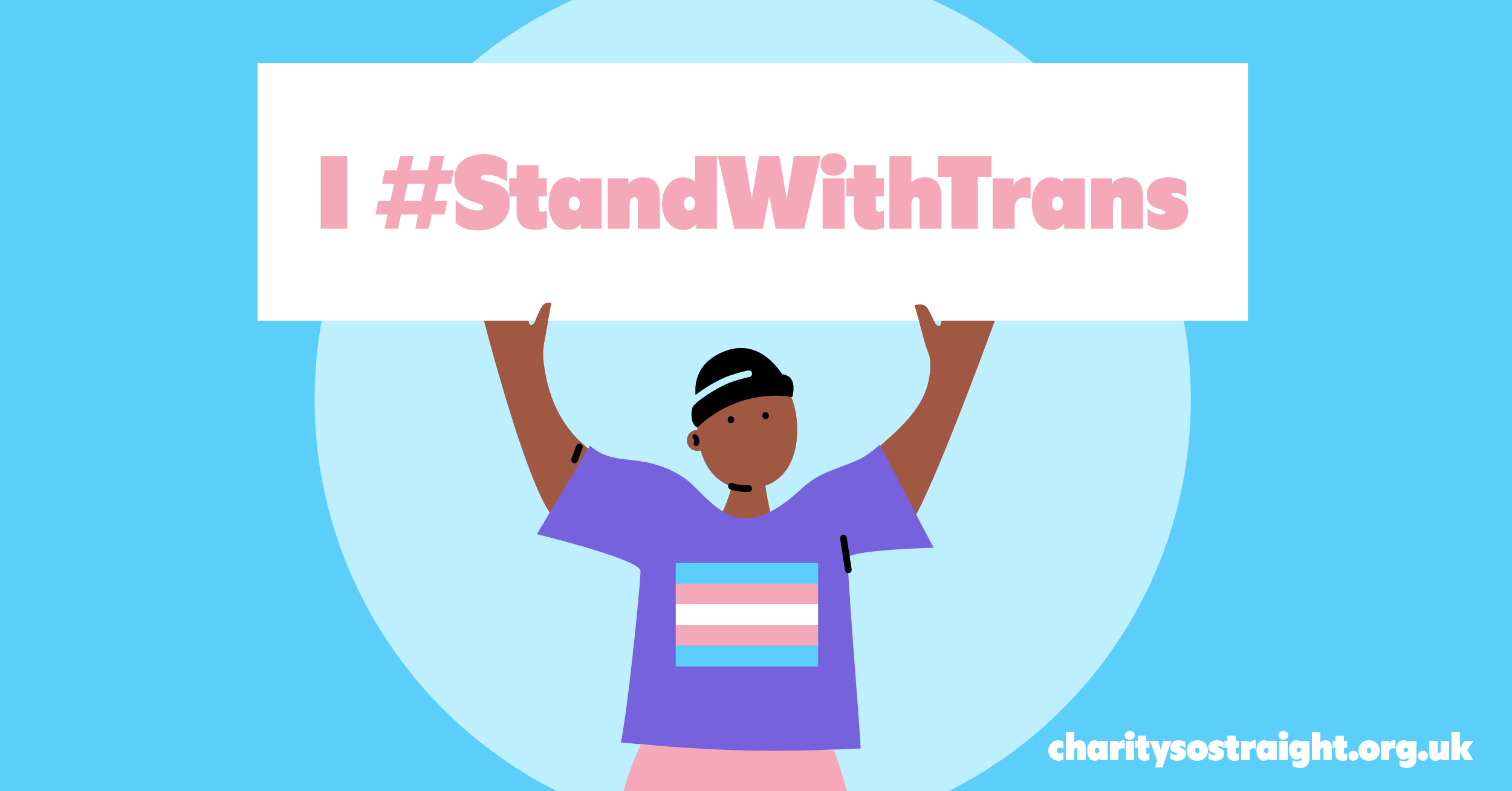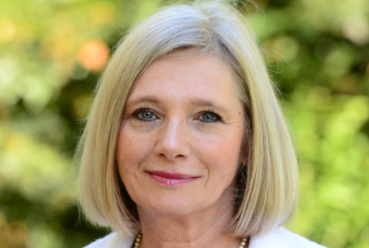In the latest edition of Secret CEO, a CEO and founder of a small charity talks about the daunting task of becoming a people manager for the first time.
_________________________________________________________________________
A few years ago, I set up my own mental health charity with loneliness being one of the key themes.
Growing up as an only child in a small, fragmented family, I often felt isolated and lonely, which in turn made me passionate about giving people the support and guidance I lacked.
It was here I started my career in the charity sector and began the lonely road - I know, the irony isn’t lost on me - of being the sole founder & CEO.
Over six long months I worked hard to sort out a:
Business plan
Application to register as a charity
Board of trustees
An endless bucket of policies and procedures
Charity registration and launch
Source of funding
And then it was on to …
Promote, promote, promote
Whilst we all know CEO is an industry norm title even within small charities, it felt somewhat grand and snazzy for what in the case of this charity was essentially a one-volunteer outfit (me).
This was how things were for the first year of the charity. Whilst the office banter was left wanting, there was order, harmony, and synergy between support delivery, social media/marketing, fundraising, compliance, and everything else around and in between those things, quite simply because I was the one-man-band (barely) holding everything together to keep some sort of clang of a melody in action.
All the while, I was working a full-time paid job throughout the day, and around this, slapping on an additional 40+ hours per week to make sure that the charity made a meaningful difference in the lives of people, as I envisaged.
I dropped the tambourine and a string on the bass guitar snapped, which through the medium of a bad analogy, means I began struggling with my own mental health and wellbeing. The overwhelming number of referrals to the charity, coupled with a lack of resources meant that behind the scenes the charity was starting to stall and the realisation hit me that I alone could not continue to manage everything and make the charity sustainable. At least without having physical, mental, and emotional burnout along the way.
A trustee meeting was called, the funds for a paid employee were identified and agreed upon, and it was all systems go in finding a freelance ‘jack-of-all-trades’ to help us grow the charity. The job description and responsibilities were written, the role was advertised and the right person was eventually found. I was becoming a people manager for the very first time in my career!
Growing up as a socially awkward only child who has never been much of a team player, and has on occasion been known to be a little selfish, the prospect of becoming a manager secretly filled me with horror. Imposter syndrome, founder syndrome, and the pressure I was placing on myself ensued.
Up until 9am on the very morning when my new colleague entered the office, I was writing new policies and procedures, an induction plan, and setting up everything they would need; email, CRM access, and a comfortable spot for them to work in.
It was organised chaos and I was doing my very best swan impression.
Over the coming months of being a manager for the first time, I was learning in action, making silly mistakes, on occasion being overly demanding and fraught, and pushing myself and my new colleague to be ambitious and deliver more for our service users.
I absolutely did not get everything right, but what I did get right as a manager is a result of some of the qualities I think I have; empathy, kindness, and humour.
I listened to feedback, critical or otherwise, and tried to make decisions that were always in the interests of the people around me.
Turns out I've settled into the role better than I thought and I've learned that being a leader who takes people along with them, is far more important than simply acting as a manager.
If you're interested in contributing, email melissa.moody@charitytimes.com
Latest News
-
NI hike forces charity to launch urgent fundraising appeal
-
Autism charity unveils “cooler and calming” rebrand
-
Charity to close after 40 years due to ‘harsh realities of funding challenges’
-
Charity Commission opens case into Prince Harry-founded charity
-
Pregnant Then Screwed appoints new CEO
-
‘Financial strain’ forces monkey sanctuary charity to close to the public this year
Charity Times video Q&A: In conversation with Hilda Hayo, CEO of Dementia UK
Charity Times editor, Lauren Weymouth, is joined by Dementia UK CEO, Hilda Hayo to discuss why the charity receives such high workplace satisfaction results, what a positive working culture looks like and the importance of lived experience among staff. The pair talk about challenges facing the charity, the impact felt by the pandemic and how it's striving to overcome obstacles and continue to be a highly impactful organisation for anybody affected by dementia.
Charity Times Awards 2023
Mitigating risk and reducing claims

The cost-of-living crisis is impacting charities in a number of ways, including the risks they take. Endsleigh Insurance’s* senior risk management consultant Scott Crichton joins Charity Times to discuss the ramifications of prioritising certain types of risk over others, the financial implications risk can have if not managed properly, and tips for charities to help manage those risks.
* Coming soon… Howden, the new name for Endsleigh.
* Coming soon… Howden, the new name for Endsleigh.
Better Society

© 2021 Perspective Publishing Privacy & Cookies










Recent Stories